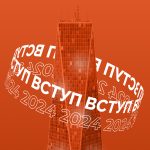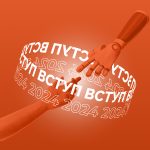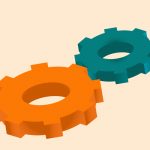The Center for Ethics and Technologies at LvBS and Lviv Business School of UCU invite you to come on June 5 to an open lecture “The Future Without Privacy? Power and Control in the Digital Age.”
We will speak with Yevhen Laniuk, a political scientist, teacher of the UCU School of Journalism.
Learn about:
- How likes on Facebook will affect your career or the cost of health insurance?
- What is social credit and how governments encourage social ratings and initiate control?
- About the future of privacy and the future without privacy.
The meeting will take place within the preparation for the Summer Philosophical School of UCU, in which Eugene Laniuk is an invited teacher.
When: June 5 at 18:30
Where: The Metropolitan Sheptytsky Center, Lviv, 29 Stryiska Str., auditorium 127 (Parkova).
Participation in the event is free of charge subject to preliminary registration.
Registration
Contact person: Volodymyr Khitsyak, vkhitsyak@lvbs.com.ua, (073) 074 58 37
Yevhen Laniuk. Political scientist, candidate of political sciences, lecturer at Ivan Franko National University of Lviv and UCU School of Journalism. Sphere of scientific interests: aesthetics of politics, communicative measurement of modern socio-cultural processes.
Publications:
- Laniuk Ye. Estetyka i polityka: formy vzaiemodii / Ye. Laniuk // Visnyk Natsionalnoho tekhnichnoho universytetu Ukrainy «Kyivskyi politekhnichnyi instytut». Politolohiia. Sotsiolohiia. Pravo. — 2012. — №1. — S. 38–43
- Laniuk Ye. Estetyka politychnykh teorii epokhy Vidrodzhennia / Ye. Laniuk // Visnyk Lvivskoho natsionalnoho universtetu im. I. Franka «Filosofsko-politolohichni studii». — №4 — 2014. — S. 197–211
- LaniukY. The idea of the escape from freedom of Erich Fromm in light of post–industrial andglobalizationchanges of modern societies: a theoretical analysis / Y. Laniuk // Studium Europy Środkowej i Wschodniej, Kutno. — №2 (2014). — S. 148–156





















